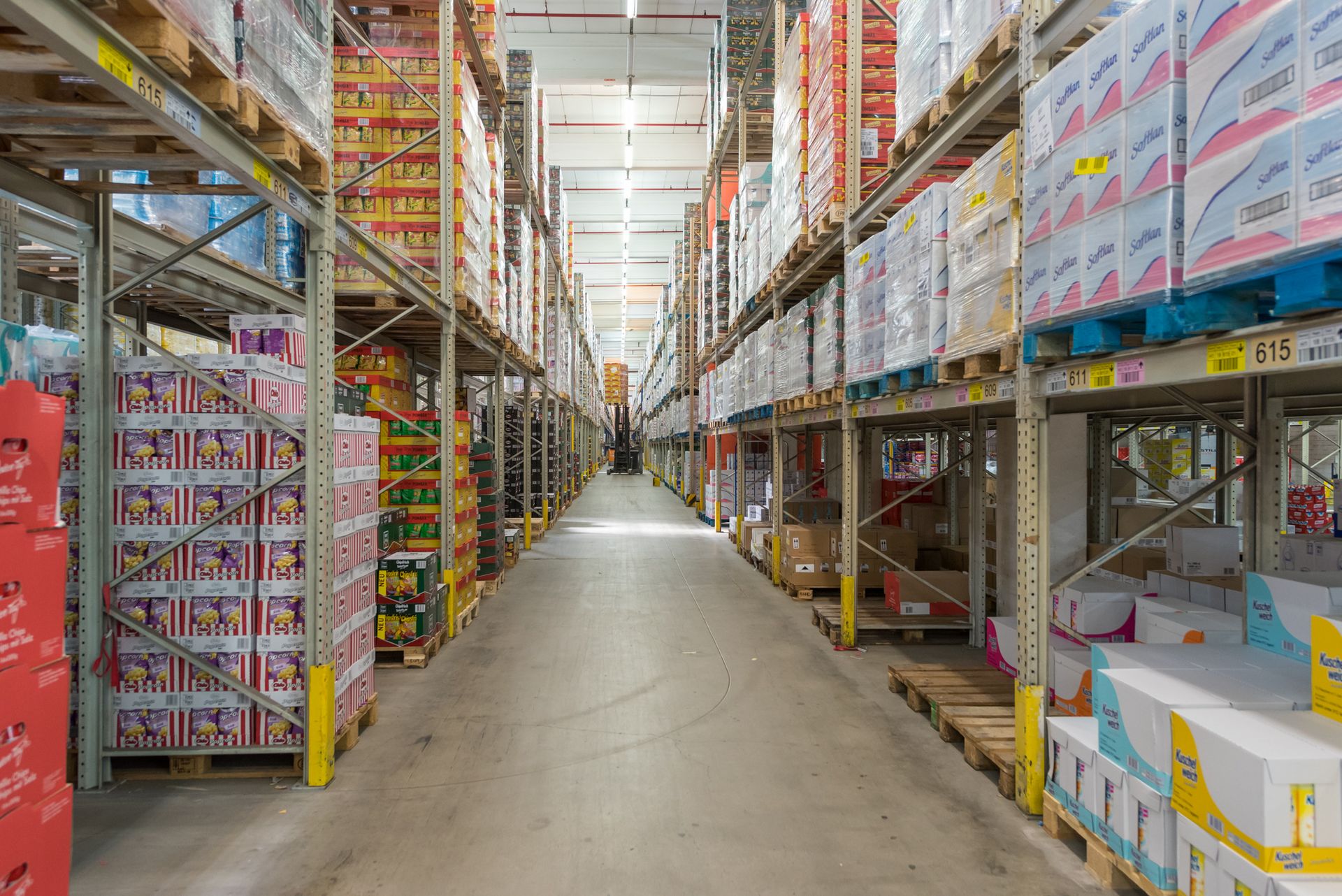What is trade logistics?
Trade logistics: ensuring availability at the point of sale (POS)
The purchasing decisions of a potential customer can be broken down into different phases. Advertising experts speak of a purchasing decision process or Kotler’s five-phase model. Depending on the status, this involves problem identification, information search, evaluation of alternatives, the purchase decision as such and post-purchase behavior.
A company that is unable to provide the desired product in the right form on time may lose a customer to the competition. All processes that are carried out as part of retail logistics are designed to avoid exactly this – and to ensure that goods are sold smoothly.
proLogistik explains the processes behind the term “trade logistics” and highlights the benefits of optimizing them.
Definition: Trade logistics as the management of all flows of goods and information
A smooth flow of goods is a prerequisite for sustainable business, especially in industrial and commercial companies. After all, production could come to a standstill if the required auxiliary materials and intermediate products do not arrive at the right production site on time. Trade logistics therefore encompasses all flows of goods and information that need to be taken into account between individual players.
The better a company can react to this and procure materials or products in advance, the more likely it is that such measures based on forecasts will have an impact on profitability. It is important to find the right balance between the need for maximum product availability and cost-efficient procurement and warehouse management.
Possible processes in which trade logistics plays a role:
- Communication between a trading company and its suppliers
- Communication between a retail company and its own customers
- Processes within a retail company (intralogistics)
Important: Intelligent trade logistics that take all factors into account enable companies to manage warehouse space efficiently and make products available exactly where they are needed. The higher the degree of automation in trade logistics, the more diverse the resulting benefits.
Trade logistics: advantages of the best possible control of goods and information flows
It is obvious that companies such as those in the retail sector are particularly dependent on ensuring optimal distribution of goods. Customers want to buy product X here and now; this may have been the main intention for visiting the store. Functioning retail logistics should therefore be understood first and foremost as an intralogistics process – we would therefore like to briefly outline the advantages:
- Ensuring availability at the point of sale (POS) in line with demand
- Reduction of possible bad purchases
- Better control of goods requirements based on forecasts
- Reduced storage time
- Less capital tied up due to optimized warehouse management
In short, it pays off in many ways to optimize retail logistics processes and better align workflows with actual needs. As a result, companies not only ensure a regulated, continuous flow of goods, but can also efficiently utilize and manage their warehouse.
Intralogistics for retail: the practical interface for high-performance trade logistics
The interests and needs of consumers are never the same and rigid, but are constantly adapting. A retail company must react intelligently to this in order to make the best possible use of the available sales space. It therefore makes sense to use a warehouse management system (WMS) to control the processes in such a way that optimum warehouse and material flow control is possible. An integral part of this is trade logistics, which not only enables data to be processed, but also linked accordingly.
Aspects of this data usage include, for example, automatically generated e-mails that enable a flow of information on the intranet. Databases used jointly with all departments that enable electronic data interchange – i.e. ensure a software-based workflow.
Important: The specific nature of trade logistics in a company therefore also depends on the company’s organizational structure. In principle, however, it is becoming increasingly important, similar to supply chain management. This is because customer needs are becoming ever more specific, meaning that retail companies must also respond to them. A look at the growing product range, particularly in the food retail sector, shows how useful intelligent trade logistics can be.
